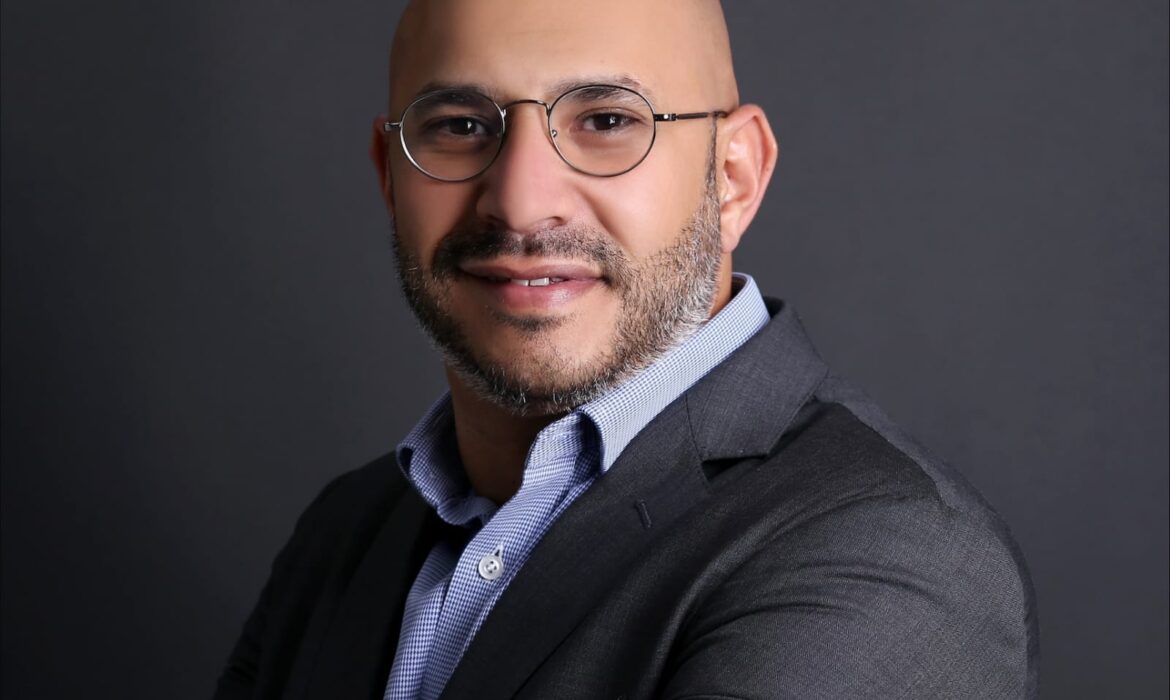1 in 101 people and 1 in 2 diabetics2 suffer from Peripheral Neuropathy while 80% of patients remain undiagnosed3

Leading Global Health Experts converge at P&G’s ‘Demystifying Neuropathy Forum’ to address the growing Public Health Concern of Peripheral Neuropathy
As part of Neuropathy Awareness Week 2023, P&G Health, brought together globally renowned health experts with 6000 Healthcare Professionals from across Asia, India, Middle East, and Africa at the ‘Demystifying Neuropathy Forum’. Hosted out of Mumbai and simulcast to 8 countries, the signature event saw deliberations on the latest clinical guidance and research findings on screening and management of the growing public health concern of Peripheral Neuropathy.
Peripheral neuropathy (PN) is a chronic clinical condition, wherein the peripheral nervous system is damaged. Symptoms of peripheral neuropathy include numbness, tingling, prickling, and burning sensations in the hands and feet. Sufferers of PN report impacts on their quality of life including reduced physical abilities and poor sleep. Besides diabetes mellitus, obesity, alcohol misuse, and B vitamins deficiencies are other high-risk factors leading to peripheral nerve damage.
Tarek Abdelaziz, General Manager, P&G Health, Middle East. said, “ A leader in Nerve Health, P&G Health has been committed to enabling improved treatment outcomes, and enhanced quality of life for consumers since 1962. As part of our 2023 Neuropathy Awareness Week Initiative, our ‘Demystifying Neuropathy Forum’ forum saw a multidisciplinary panel of experts come together to share their valuable insights on assessment diagnosis, and holistic treatment of neuropathy including role of B vitamins in supporting healthy nerve functions”

.
Experts Speak:
- Speaking at the forum, Prof. Rainer Freynhagen,Head of Department, Anaesthesiology, Critical Care Medicine & Pain Medicine at Benedictus Hospitals Tutzing & Feldafing Germany stated, “Peripheral neuropathy and pain with neuropathic components are highly prevalent in the general population. Doctors around the globe see millions of patients suffering daily of these conditions which are relatively easy to diagnose but challenging to treat, particularly in advanced stages. Around 10% of the general population worldwide is affected by neuropathic pain and 50% of these patients are not sufficiently managed1. Currently published studies across different countries confirm that up to 80% of patients remain undiagnosed and untreated.”
- Dr. Jalal Nafach, Consultant Physician & Endocrinologist, Emirates Hospital and Dubai Diabetes Centre said, “Peripheral Neuropathy poses a significant challenge to patients and healthcare professionals alike, with 1 in 10 people and 1 in 2 diabetics suffering from this condition. It is crucial to raise awareness about Peripheral Neuropathy and the impact it has on individuals’ quality of life. Early diagnosis and comprehensive treatment are key to mitigating the consequences of this condition and ensuring that patients can lead healthier, more fulfilling lives.”
- According to Dr Ankia Coetzee, Endocrinologist, University of Stellenbosch Faculty of Medicine and Health Sciences, Cape Town, South Africa, “Each contact with a patient is an opportunity and primary care physicians can play a key role in diagnosing neuropathy7. As some patients might have difficulties in describing their symptoms properly, proactively probing for characteristics of PN such as numbness, pins and needles and tingling sensation, lancinating, stabbing or electric shock like pain can be a good starting point. Easy to perform sensory tests such as vibration perception testing, pin prick test, monofilament test etc. take no longer than a few minutes and guide the diagnosis, while laboratory tests can help refine the diagnoses.”
- Dr Inna Eiberger, Global Medical Director, P&G Health Nerve Care Franchise shared, “Neurotropic B vitamins are essential for nerve health and support nerve regeneration. Vitamin B1 provides energy to the nerves, vitamin B6 helps with signal transmission in nerves, while vitamin B12 supports nerve regeneration. An in-vitro study initiated by P&G Health showed that when Vitamin B1, B6, and B12 were added to nerve cultures with healthy nerve cells, there was an increase in total neurite length of 124% and an increase in the total cell body area of 55%. Nerve network of cells nourished with B1, B6, and B12, also doubled. Further in-vitro experiments have proven that Vitamins B1, B6, and B12 support nerve cell recovery after nerve cell damage.”






